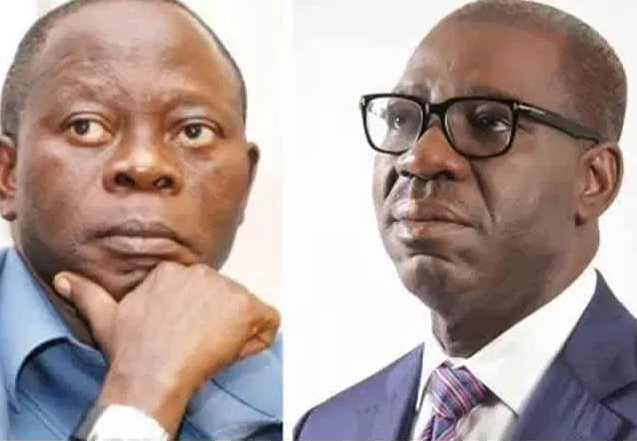 The election of Ayodele Fayose as the duly elected governor of Ekiti State was on Tuesday affirmed by the Supreme Court in Abuja.
The election of Ayodele Fayose as the duly elected governor of Ekiti State was on Tuesday affirmed by the Supreme Court in Abuja.
Mr. Fayose of the Peoples Democratic Party had polled 203,090 votes to defeat then incumbent, Dr. Kayode Fayemi of All Progressives Congress, who scored 120,433 votes in the June 21, 2014 governorship election.
Dissatisfied with outcome, the APC had filed a petition before the Ekiti State Governorship Election Petition Tribunal, which sat in Abuja, urging it to nullify the election.
The petitioner had cited alleged irregularities, intimidation of its leaders by the military, ineligibility of Fayose to stand for the election following his impeachment during his first tenure and allegation that he forged his Higher National Diploma certificate presented to INEC as grounds for the nullification of the election.
In its ruling last December, the Justice Siraju-Mohammed-led tribunal dismissed the petition for lack of merit.
The APC appealed the ruling but the Justice Abdul Aboki-led five-man panel on April 15, 2015 again, affirmed the decision of the election tribunal.
Determined to exhaust all legal channels available to it, the APC approached the Supreme Court.
In a unanimous decision by the seven-man panel led by Justice John Fabiyi, the apex court upheld the earlier decisions of the Court of Appeal and the Ekiti State Governorship Election Tribunal, which had both earlier ruled that the petition challenging Fayose’s victory lacked merit.
In the lead judgment delivered by Justice Sylvester Ngwuta, the apex court dismissed all the grounds of appeal filed by the petitioner – the All Progressives Congress – and resolved all four issues arising from the appeal against the party.
The Supreme Court, in its judgment on Tuesday, held that none of the grounds of appeal was proved by the appellant.
It held that while impeachment was not a ground of disqualification from contesting as governor under section 182 of Nigeria’s constitution, the panel which recommended Fayose for impeachment on October 16, 2006, was illegally and unconstitutionally constituted.
It also held that the allegation of certificate forgery had been caught by the principle of “issue estoppel” as it had been laid to rest since 2004 by the Court of Appeal’s judgment in the case of Alliance for Democracy.
According to the apex court, the Court of Appeal had, in the said judgment, held that the HND certificate was genuinely earned by and awarded to Fayose.
On the issue of militarisation and harassment of leaders of the APC, the Supreme Court held that the Chief of Defence Staff and the Inspector-General of Police, joined as 4th and 5th defendants in the case were not necessary parties.
The apex court held that the actions of the men and officers of the two defendants that allegedly harassed the APC leaders during the election and whose names were not mentioned could also not be answerable for by the INEC as stipulated by the Electoral Act.




